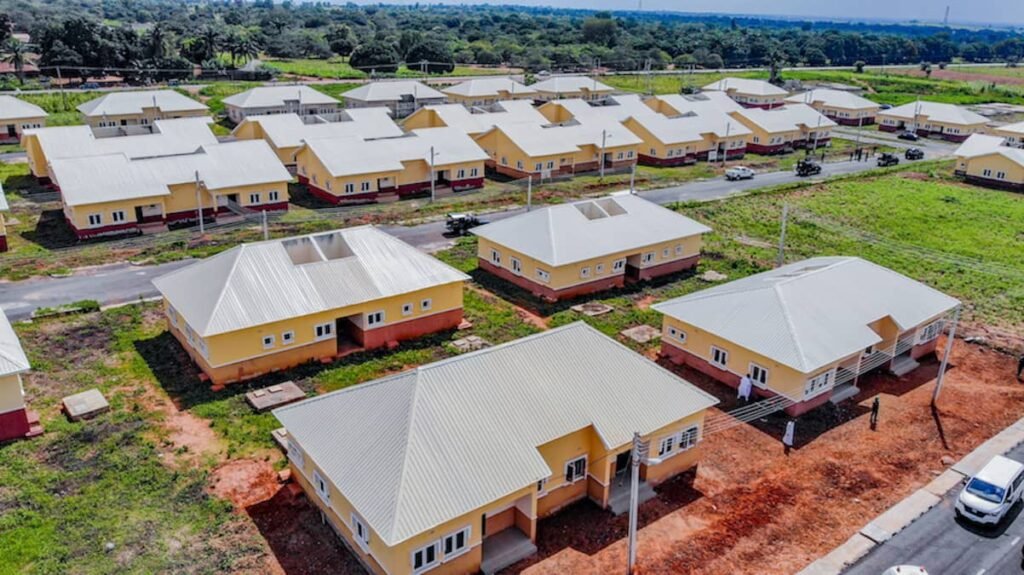This report focuses on the construction industry and infrastructure development in Nigeria. It includes information on the state and size of the sector, major infrastructure and construction projects, corporate actions, results and influencing factors.
These include the effect of the pandemic and commodity prices on the economy and the sector. There are profiles of 24 local and international companies operating in Nigeria, including Nigerian Stock Exchange-listed Julius Berger, one of Nigeria’s most well-known civil engineering and construction companies.
Revenue in Nigeria’s construction industry declined in 2020. The activity is steadily recovering despite ongoing supply chain disruptions and project delays caused by the coronavirus pandemic. Infrastructure development is the cornerstone of Nigeria’s pandemic economic recovery plan.
FG Struggling with Investment in Construction Industry

However, the government is grappling with funding challenges and will need to attract private investment if it hopes to bridge the country’s huge infrastructure deficit. Local companies often operate at a disadvantage as foreign construction companies are generally awarded large projects.
The government’s efforts to reduce Nigeria’s substantial infrastructural deficit have been inadequate for the most part, particularly in the rural areas and in the north.
China/Nigeria are Largest Infrastructure Partners
China is the government’s largest infrastructure partner, and several high-value civil engineering and construction projects and businesses are financed by the Export-Import Bank of China and China Development Bank.
The Infrastructure Corporation of Nigeria (Infra-Co), established before the end of 2021, is expected to support construction sector growth. Nigeria’s central bank, the Nigerian Sovereign Investment Authority, and the Africa Finance Corporation will provide initial seed capital for the public-private partnership.

